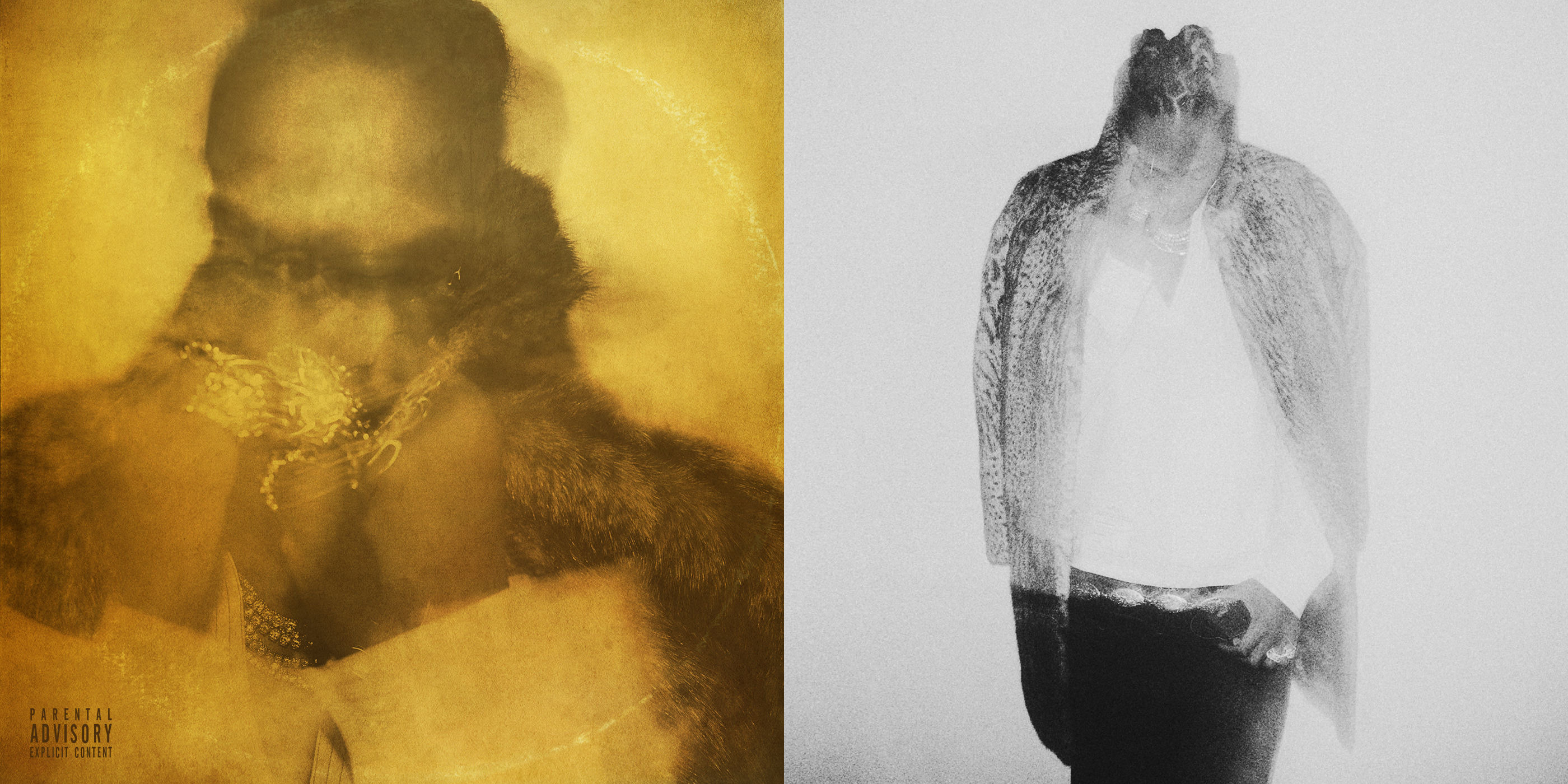Future’s rap career reads like some sort of Shakespearean tragedy, and without a doubt, he’s hip-hop’s tragic hero.
He went from molten-hot street rapper to promising pop-crossover artist, and then from lovelorn rap monster to reborn party trapper. And while he’s one of the hottest rappers in the world right now, make no mistake — Future is a very different artist now than he was five years ago.
You can split Future’s music into two distinct chronological categories: pre- and post-Ciara. His failed relationship with the pop star served as the catalyst for most of his musical transition. But on his latest duo of releases — back to back albums Future and HNDRXX — his sound and the divide that has defined it for the past several years is the most defined and purposeful it’s ever been.
But first, to be clear — yes, Future released two albums in two weeks. His self-titled album topped the charts last week, and on Friday, he followed it up with HNDRXX, a slow-burning, melodic counterpoint to Future‘s gun-toting, drug-slinging southern rap anthems.
And in the tradition of Atlanta rap consistency, both are solid projects. In many ways, Future is your standard trap mixtape: too many songs, similar sounds throughout but with enough bangers to keep the streets happy. “Draco,” with its hook of “You ain’t never ever get your bitch back” and it’s brilliantly violent music video, is destined for rap radio play and “Mask Off” is another bangin’ notch on Metro Boomin’s bedpost. It’s not as concise as DS2 or as densely dark as EVOL, but it’s clearly what Future fans want to hear, as 140,000 first week sales should show.
But just one listen of HNDRXX reveals what its precursor truly is — a collection of throwaways. On Instagram, he called HNDRXX “The album I always wanted to make,” and it shows. It’s a slow, lugubrious collection of songs, with the most emotion Future has shown since his immediate post-breakup mixtape, Monster. Opener “My Collection” is full of bitter misogyny, the kind that shows up frequently in rap but often lacks purpose. But here, in Future’s Auto-Tuned warble, it’s a poem of regret and pain that comes across as painfully honest.
In 2014, before his relationship ended, Future’s big ploy for mainstream success was the album called Honest. Much of HNDRXX feels like a throwback to the poppier sounds of that record; after all, HNDRXX‘s only two features are Rihanna and The Weeknd. But even solo Future tracks like “Incredible” and “Fresh Air” are two of the catchiest songs in the rapper’s catalogue, and they achieve that distinction without leaning away from Future’s signature sound.
Not to say that Future’s latest foray is groundbreaking. HNDRXX‘s sound might be relatively unique for the Atlanta rapper, but it’s still cobbled together from various sources of modern rap and R&B. But it’s a noteworthy step forward for an artist who managed to turn stagnation into success with his remarkable run of trappy, violent mixtapes.
And if these two albums are all Future drops for the foreseeable future, they’re solid enough releases to keep his ravenous fans happy — or at least as happy as you can be while listening to the codeine-drenched, heart wrenching music of America’s least likely pop star.



